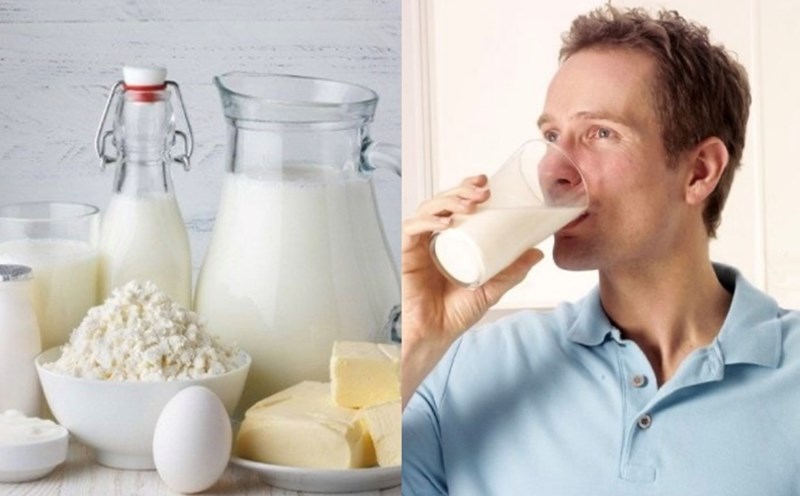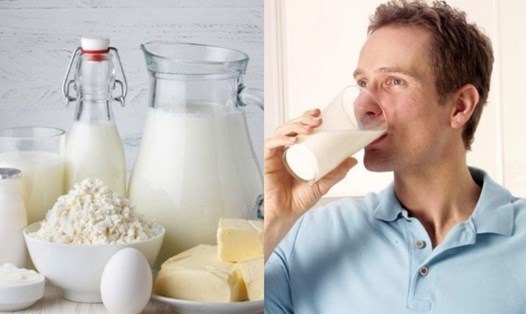MSc.BSCKII Ly Rina - An Viet Hospital - shared: "Many patients are diagnosed with gout for the first time, but many cases have a history of the disease and relapse during or right after the Tet holiday."
The Tet holiday is often accompanied by lavish parties, many high-protein dishes, and alcohol - factors that stimulate increased uric acid in the blood. For those at high risk or already suffering from gout, this is the time when acute arthritis attacks can easily occur, causing swelling, redness, and severe pain, especially in the big toe, ankle, or knee joint.

Gout is a metabolic disorder in the body that causes urate crystals to deposit in joints and tissues, causing recurrent pain. If not treated properly, the disease can progress to chronic polyarthritis, tophi, and joint deformities.
According to Dr. Ly Rina, gout patients need to follow a scientific treatment regimen, combining lifestyle changes, nutrition and the use of specific medications even when there are no symptoms. Treatment needs to be specifically prescribed by a doctor, based on each person's condition and constitution.
For those at high risk, controlling their diet and limiting foods rich in purines such as seafood, red meat, and alcohol is extremely necessary. At the same time, those undergoing treatment need to strictly follow the doctor's instructions to avoid the risk of relapse after the holidays.
Foods to eat:
Low sugar fruits and vegetables
Prioritize green vegetables such as spinach, cabbage, zucchini, carrots, or broccoli. These are sources of vitamins and fiber, which help reduce uric acid in the blood.
Choose low-sugar fruits like apples, pears, oranges, or cucumbers to boost hydration and aid in uric acid excretion.
Whole grains and fiber-rich foods: Brown rice, oatmeal, or banh chung made from brown sticky rice are better choices than traditional banh chung. The fiber in whole grains helps maintain nutritional balance and control blood sugar.
Plant-based protein: Replace red meat with plant-based protein sources like tofu, quinoa, or nuts like almonds and walnuts.
Drink plenty of water: Maintain drinking 2-3 liters of water per day, including filtered water, mineral water, or herbal tea to support uric acid excretion.
Foods to limit or avoid:
Red meat and seafood: Avoid beef, lamb, or seafood such as shrimp, crab, and lobster because they contain a lot of purines - substances that increase uric acid.
Alcohol and alcoholic beverages: Absolutely limit alcohol, especially red wine and beer, because they easily stimulate acute gout attacks.
Processed foods and fatty foods: Limit fried foods, sausages, or canned foods that are high in salt and saturated fat.
Foods high in sugar: Candy, carbonated soft drinks, or Tet jams contain high amounts of sugar, not only affecting metabolism but also increasing the risk of inflammation.
Note on Tet diet:
Eat in moderation, don't eat too much: Instead of eating a large amount at once, divide it into several small meals.
Portion control: Even though the food is appealing, patients should control their intake and avoid unhealthy foods.
Stay light: Incorporate walking or light exercise to help your metabolism.











